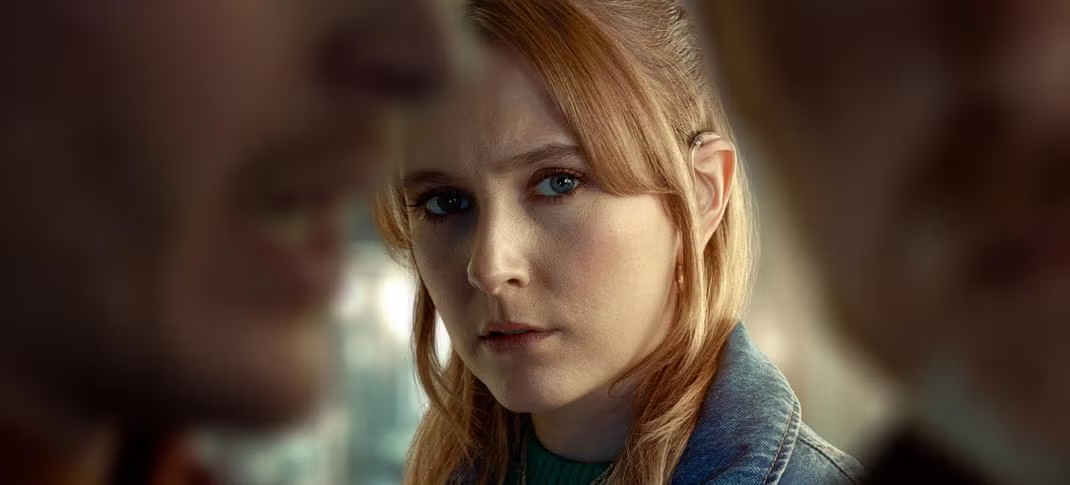Breaking the Silence: How Rose Ayling-Ellis is Redefining TV Inclusion With Code of Silence
A new British crime drama, “Code of Silence,” has been making waves for its compelling plot and its significant contribution to on-screen inclusion. The series, which holds a perfect 100% rating on Rotten Tomatoes, centers on Alison Brooks, a deaf canteen worker portrayed by deaf actress Rose Ayling-Ellis. Alison’s exceptional lip-reading skills draw her into a police investigation of a jewelry heist. The show has been lauded not just for its plot, but for its groundbreaking ability to convey the authentic sensory experience of being deaf, from its visual style to its intricate sound design. It is also available in both American and British Sign Language, a major step forward for accessibility.
Rose Ayling-Ellis’s role in the show’s success extends far beyond her powerful on-screen performance. As an executive producer, she was involved in all stages of production, from the initial writing process to the final edit, ensuring an authentic portrayal of the deaf experience. She drew from her own frustrations with discrimination in past jobs to build Alison’s layered character. To create the show’s unique soundscape, she had the crew listen through her own hearing aids with a special stethoscope so they could understand the mechanical, unfiltered noise she experiences. This recording was then used as a reference by the sound department, which also included deaf percussionist Evelyn Glennie, to create a richer, more genuine story.




The show fosters inclusivity not just in front of the camera but behind it as well. The production team intentionally created a welcoming environment for all, demonstrating that accommodations lead to better work. The show’s creator, Catherine Moulton, is hard of hearing, and executive producer Bryony Arnold is a wheelchair user. The production hired an access coordinator and made practical adjustments for its crew, such as providing ramps, color-coded signage for a team member with a visual impairment, and stools for those who couldn’t stand all day. This commitment to valuing every crew member created a pleasant atmosphere where everyone felt seen and could do their best work, proving that shows centered on disability, both on-screen and off, are what audiences are eager to watch.
Ayling-Ellis’s broader career continues to break barriers. After discovering her passion for acting through the National Deaf Children’s Society, she gained widespread recognition in “EastEnders” and as the first deaf winner of “Strictly Come Dancing.” Through her advocacy, documentaries, and a growing list of acclaimed roles in television and theatre, Ayling-Ellis is challenging industry stereotypes and paving the way for more authentic representation in media.
Source (1): National Post , Source (2): Comic Book
A Note on Generation: This article was crafted with the assistance of Google Gemini. The process involved synthesizing key information from multiple sources, including two initial articles and a detailed interview with star Rose Ayling-Ellis. The AI was prompted to combine these sources, identify central themes, and structure the content into a cohesive narrative focusing on representation and the show’s inclusive production process. The final text is a result of this AI-assisted curation and refinement.

Leave a comment